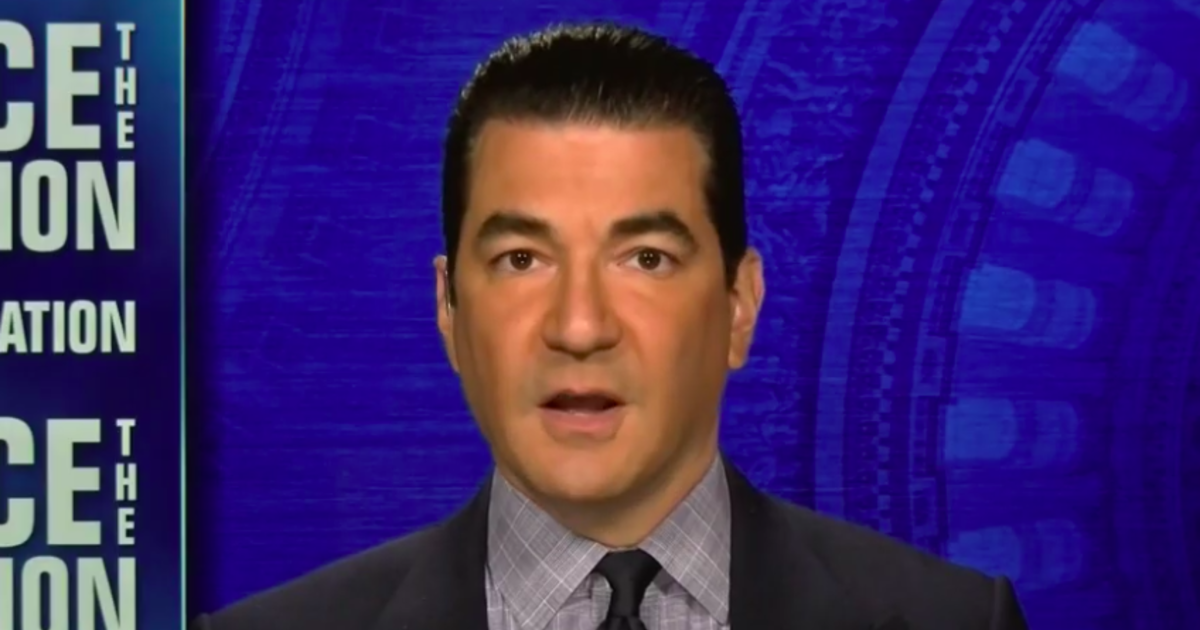
The variant started in India, but now it's spreading across the world.
So it's probably going to become the dominant strain here in the United States.
The mRNA vaccine seems- seems to be highly effective, two doses of that vaccine against this variant.
JOHN DICKERSON: And as the CDC director last week urged parents to vaccinate their teens, citing a rise in hospitalization among 20- 12 to 17 year olds, is this variant causing that or--.I mean, I don't think that there's enough of this variant.
So it's getting into settings and infecting people who might not have been as vulnerable to the old wild-type variant that came out of Wuhan.
Hopefully, there's going to be a vaccine available for kids who are younger heading into the fall.
JOHN DICKERSON: We've talked about the Alpha variant, the Delta variant.There's a lot of people who think that this virus has mutated rapidly over a short period of time and reached what we would call new-fitness level.
So I don't think we're going to see a situation where we're going to wake up one day like we sometimes see with influenza where all of a sudden our vaccine doesn't work, at least not in the foreseeable future.
JOHN DICKERSON: Let me ask you about the CDC is looking into cases of pericarditis, I think it's called.I don't think people should be nervous about it right now.
I don't think it changes the risk-benefit balance for this vaccine.
It's not clear that there's a causal relationship between the vaccine and these cases.
If there is, it's probably an inflammatory response from the vaccine.
And we also have to keep in mind that people, especially young people, are going out more and we're seeing more outbreaks of ordinary viruses?
So it could be the case that as young people get vaccinated, they're going out more.
So it's not clear that it's the vaccine or perhaps a change in behavior, but it's certainly something we should be looking closely at because we have to properly inform patients if, in fact, this is a risk.
JOHN DICKERSON: So with 30 seconds left, if somebody is worried about their newly vaccinated younger person, what symptoms should they look out for if- if they're concerned about pericarditis.DR GOTTLIEB: So most of the cases where we've seen pericarditis and we believe it could be in association with the vaccine have happened immediately after vaccination within probably the first two or three days, mostly after the second dose.JOHN DICKERSON: Right.